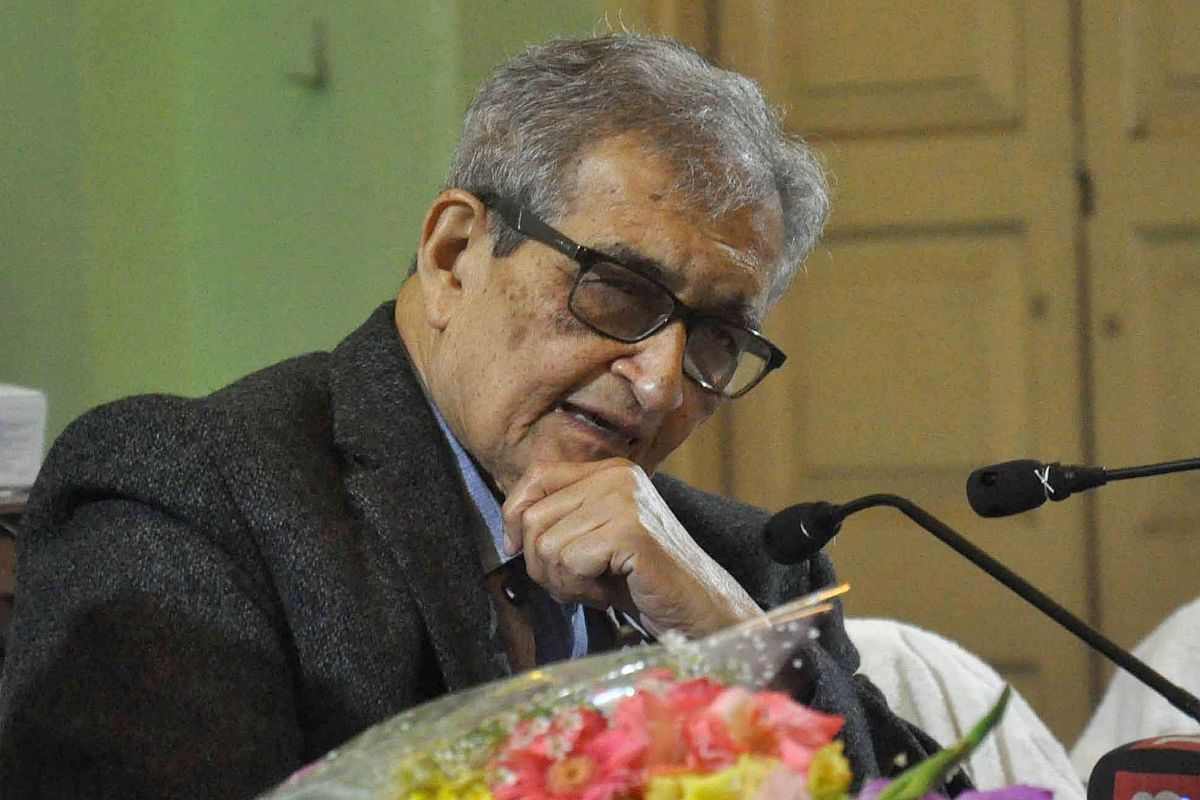Nobel prize winner economist Amartya Sen on Monday stressed the need for opposition unity in the country for carrying forward the protests against the Citizenship (Amendment) Act (CAA) but said even if unity is not there, the protesters still have to move on and do whatever is necessary.
“Opposition unity is important for any kind of protest. Protest becomes easier then,” Sen told media persons on the sidelines of the first Nabanita Deb Sen Memorial Lecture, which was delivered by him.
Advertisement
Sen, however, said the protests shouldn’t stop if unity among the parties is not there.
“Unity is important if the protest is for a proper cause. But if unity is not there, it doesn’t mean that we will stop protesting.
“As I said, unity makes protests easier, but if unity is not there, we still have to move on and do whatever is necessary,” he added.
Sen, who won the Nobel prize in Economics in 1998, has emerged as one of the strongest civil society voices against the Citizenship (Amendment) Act.
Amid protests against CAA, Sen had last week said that the new citizenship law is not in tune with the Constitution and demanded that the legislation be scrapped.
“Under this Act, whether citizenship will be given or not will be decided after ascertaining the religion of a person. This definitely is not in tune with the Constitution,” said Sen.
Congress leader Shashi Tharoor, meanwhile, has supported Sen’s comment.
“Amartyaji is right. The problem is that the Opposition parties are agreed on national issues, but divided in their various states. This is why it is difficult to assemble all of them on a common platform or front; they tend to put their local interests first. So BJP wins w/ 37% (sic),” he tweeted.
According to the amended law, non-Muslims who fled religious persecution in Muslim-dominated neighbours Pakistan, Afghanistan and Bangladesh will be given Indian citizenship if they entered the country before 2015.
This is first such law that has made religion a criterion for obtaining citizenship.
Sen further condemned the violence at the Jawaharlal Nehru University and said that the government was now considering universities as its competitors.
Several masked individuals, both male and female, thrashed students, including girls, and teachers inside the JNU campus with wooden and metal rods on January 5.









